Description Persch Tablets 2mg contain Risperidone, an atypical antipsychotic used to manage schizophrenia and related psychotic disorders. Its mechanism involves combined antagonism of dopamine D2 and serotonin 5HT2 receptors, with therapeutic effects stemming from risperidone and its active metabolite, 9-hydroxyrisperidone (paliperidone). Additional receptor interactions may contribute to its broader effects. This oral tablet is suitable for adults and adolescents over 13 years, helping to control symptoms like hallucinations and delusions.
Ingredients Risperidone 2mg.
Drug Class Atypical Antipsychotic / Dopamine D2 and Serotonin 5HT2 Antagonist.
Dosage Form Tablet (1 strip = 6 tablets).
Uses Persch Tablets are prescribed for:
- Treatment of schizophrenia in adults and adolescents.
- Management of acute manic or mixed episodes in bipolar I disorder.
- Irritability associated with autistic disorder in children over 5 years.
- Maintenance therapy to prevent relapse in psychotic conditions.
- Adjunct in behavioral disturbances or severe agitation.
Doctor’s Review Psychiatrists often initiate Persch at low doses for its balance of efficacy and tolerability. As one expert observes: “Persch 2mg serves as an effective starting point for schizophrenia, targeting both positive and negative symptoms with fewer extrapyramidal effects than older antipsychotics. Monitoring for metabolic shifts remains essential, particularly in long-term use.”
Dosage (Follow physician’s instructions — typical guideline)
- Adults (Schizophrenia): Start at 2mg once daily; may increase to 2-8mg daily in divided doses if needed.
- Adolescents (13-17 years): 0.5mg daily, titrate to 3mg max.
- Maintenance: 2-4mg daily; adjust based on response.
- Take with or without food; use lowest effective dose to minimize risks.
- Do not stop abruptly—taper to avoid withdrawal.
In Case of Overdose Overdose may cause drowsiness, sedation, tachycardia, hypotension, or extrapyramidal symptoms. Seek immediate medical attention. Symptoms include confusion, tremors, or seizures. Treatment is supportive (e.g., activated charcoal, airway management); no specific antidote.
Missed Dose Take as soon as remembered unless close to the next dose. Do not double up to avoid side effects like dizziness or irregular heartbeat. Resume your schedule and consult your doctor if misses are frequent.
How to Use
- Swallow tablet whole with water, at the same time daily for consistency.
- Can take with or without food; morning dosing may help with sleep issues.
- Avoid alcohol or CNS depressants, which worsen sedation.
- Monitor for mood or movement changes regularly.
- Use in combination with therapy for best outcomes.
When Not to Use Avoid Persch if:
- Known hypersensitivity to risperidone, paliperidone, or excipients.
- History of anaphylactic reactions or angioedema to these drugs.
- Not approved for dementia-related psychosis in elderly due to increased mortality risk.
Side Effects Common:
- Headache, drowsiness, dizziness.
- Weight gain, nausea, constipation.
- Increased salivation or tremor.
Uncommon / Severe (Stop and seek medical help):
- Neuroleptic malignant syndrome (fever, muscle rigidity, confusion).
- Tardive dyskinesia (involuntary movements, especially face/tongue).
- Metabolic changes (high blood sugar, dyslipidemia, hyperglycemia).
- Hyperprolactinemia (breast enlargement, galactorrhea, menstrual issues).
- Orthostatic hypotension, falls, seizures, priapism, dysphagia.
Precautions & Warnings
- Elderly with dementia psychosis face higher death risk—avoid use.
- Monitor for NMS, a life-threatening reaction with rigidity and fever.
- Tardive dyskinesia may become irreversible—assess periodically.
- Metabolic effects (e.g., diabetes, weight gain) increase cardiovascular risk—screen regularly.
- May impair temperature regulation—avoid extremes of heat/cold.
Drug Interactions
- Increase risperidone levels: Fluoxetine, paroxetine, erythromycin, ketoconazole.
- Decrease levels: Carbamazepine, rifampicin.
- Additive effects: Amitriptyline, levodopa, dopamine agonists, anticholinergics.
- Other: Ranitidine, cimetidine, verapamil, furosemide, paliperidone—monitor closely.
Food Interactions
- No major restrictions; take with or without meals.
- Avoid alcohol—it heightens sedation and cognitive risks.
- Grapefruit juice may alter levels—limit intake.
Storage/Disposal
- Store at room temperature (15-30°C), away from direct light and heat.
- Keep in original strip, out of reach of children.
- Dispose via pharmacy returns; do not flush.
Quick Tips
- Track weight and blood sugar monthly.
- Rise slowly to prevent dizziness from low blood pressure.
- Report muscle stiffness or fever immediately.
- Pair with supportive counseling for schizophrenia management.
- For phenylketonuria patients: Check for phenylalanine in formulation.
Disclaimer This information is provided for educational purposes only and does not replace medical advice. Use only under the supervision of a licensed physician. Do not self-medicate.

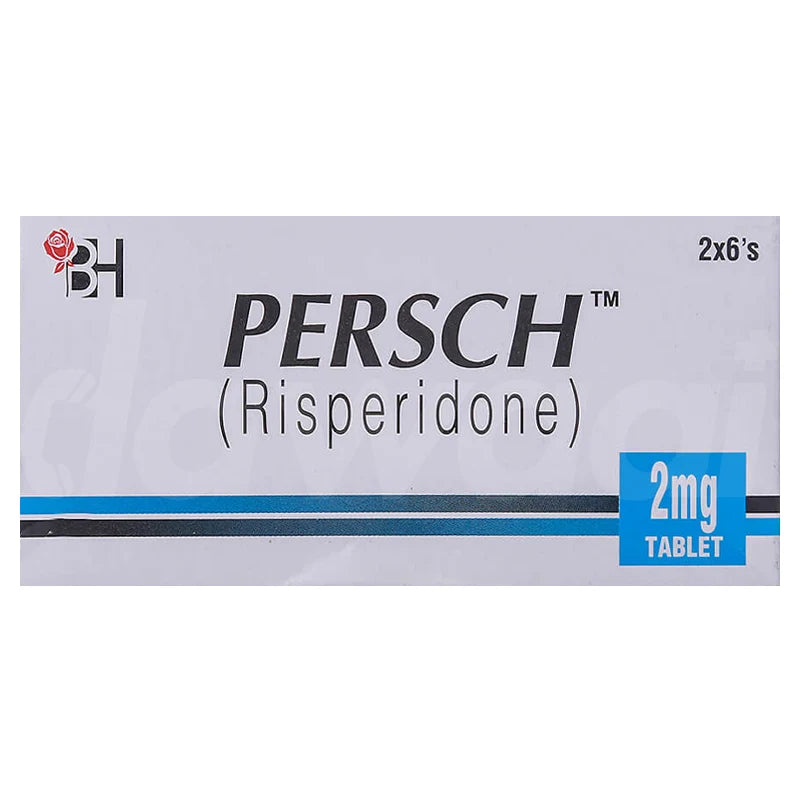
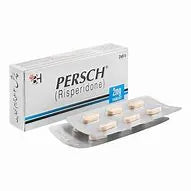


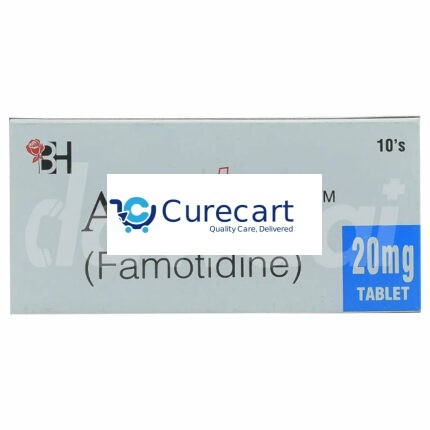
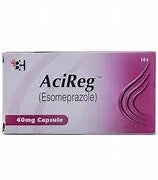

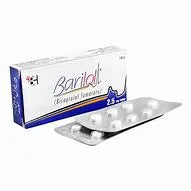
Reviews
There are no reviews yet.